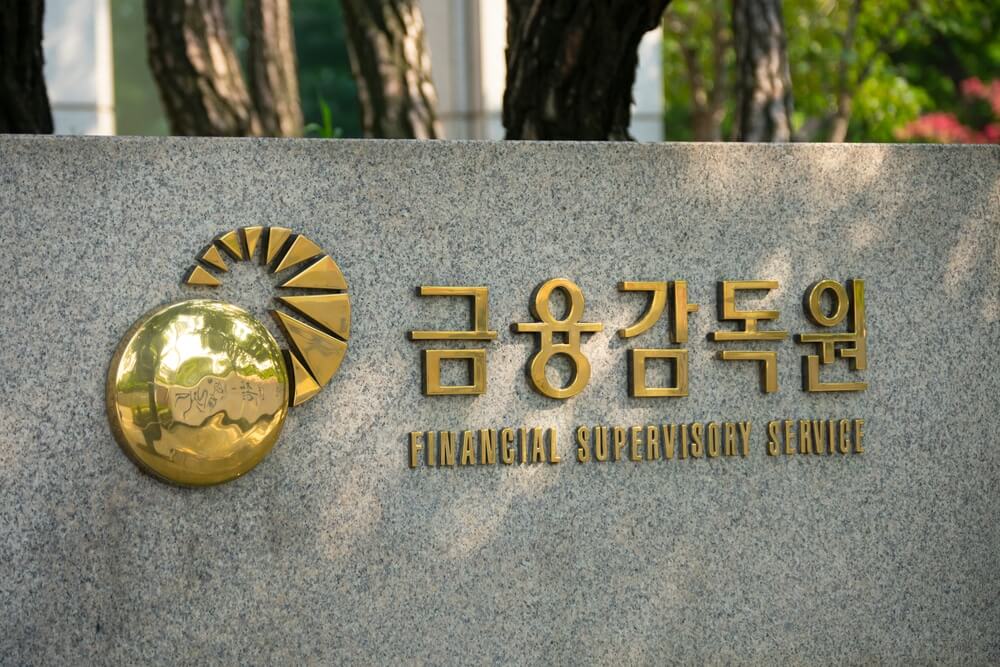
Financial Supervisory Service
FSS – Financial Supervision Service, South Korea is an integrated financial regulator. The Service oversees financial institutions.
History
Before the creation of the FSS, Korea’s financial oversight system was fragmented. Had a separate banking, insurance, securities, and regulatory agency. Under a different supervisory system, the banking sector was controlled by the Korean Ministry and the Bank.
With the opening of markets and globalization in the 1980s, the economic environment has changed significantly for foreign investment. This has led to an increase in financial transactions – such as derivatives. The old system of financial supervision was no longer effective in dealing with the innovations of the economic environment. As a result, the government established the Presidential Committee on Financial Reform in 1997, which published a report on the financial oversight system. The primary purpose was: proper distribution of responsibilities and enhanced cooperation between related agencies; Independent of politics.
The government drafted financial reform bills in 1997. On the recommendation of the International Monetary Fund, an oversight body was set up. The National Assembly passed the bill on December 29, 1997. In 1998, the Financial Supervision Commission was established as the highest decision-making body of the FSS. This formed the basis for consolidating the four supervisory bodies of the Asian Securities Supervisory Board, the Non-Bank Deposit Insurance Corporation, the Banking Supervisory Authority, and the Insurance Supervisory Board.
On January 2, 1999, the Financial Supervision Service (FSS) was finally established.
Purpose
The consolidation of the financial supervision system has helped Korea significantly in overcoming the financial crisis. The FSS facilitated the restructuring of the industry. From 1998 to 2003, 840 financial companies were liquidated from the market. The FSS has successfully implemented several measures. He also responded quickly to the credit card crisis. The oversight agency facilitated the development, systematic use, and oversight of post-crisis programs. With the proper management, the company was able to maintain and coordinate the capital of the financial sectors.
The purpose of the Financial Supervision Service is to facilitate factors such as the advancement of the financial industry, the establishment of fair financial transaction practices, economic growth, the promotion of financial market stability, the protection of good credit and financial consumers.
The FSS specifically created the Financial Services Commission Act. It carries out public affairs entirely independently of the central and regional governments of Korea. The organization has the status of an independent public entity. The targeted effect of the government operation is twofold: to minimize government interference in FSS oversight and ensure a fair and separate delivery of services.
Management
The FSS headquarters in Seoul has 13 offices and 38 divisions. In addition to regional offices, the FSS has offices in London, New York, Beijing, Tokyo, Frankfurt, Hong Kong, and Washington.
The FSS has a Financial Dispute Resolution Committee that resolves financial disputes between users of financial institutions immediately and ensures their fair resolution. When a user seeks to resolve a dispute, the parties are advised to either reach an agreement or resolve the conflict after verifying the facts. The committee consists of 30 members, including the FSS Deputy Governor, who chairs the committee. The other members of the committee are the Deputy Governor of the FSS, specialists who are well versed in legal matters, familiar with the financial sectors, consumer groups, academia, and other relevant sectors. The Financial Dispute Resolution Committee is usually the mediator of disputes. However, when both parties to the conflict agree to the mediator’s motion, it has the same effect as a court decision.
The FSS Sanctions Review Committee provides the Governor with information on the review of financial institutions and sanctions. The Sanctions Fair Committee comprises nine members: the Sanctions Review Officer, Deputy, FSS Legal Adviser, Case Representative, FSC Representative, Case Representative, and four external members with professional knowledge of finance. Committee meetings are convened when a majority of its members deem it necessary, and decisions are taken with the consent of all members present.
Functions
In addition to enforcement measures, the FSS conducts audits of financial institutions in conjunction with enforcement. According to the FSC, financial institutions are overseen, license applications are reviewed, accounting is overseen to ensure the proper operation of the external audit system, consumer grievances are consulted and reviewed, financial institutions are reviewed and examined, capital market management oversight, company surveillance, Investigate the capital market, oversee accounting, increase transparency, protect the rights of consumers, and ensure their financial education to prevent unfair trading practices.
The purpose of the FSS is to establish credible markets and customers, strengthen oversight, avoid financial and economic risks, and provide financial support to small and medium-sized businesses and low-income people.
The FSS regularly hosts exciting events and strives to create an economic environment conducive to sharing ideas and increasing direct communication.
Stabilizing the financial system, warning, regulating the business, introducing innovative approaches and open communications are the main tasks of the organization.
The organization is trying its best to stabilize and improve the situation within its competence.
-
Support
-
Platform
-
Spread
-
Trading Instrument




